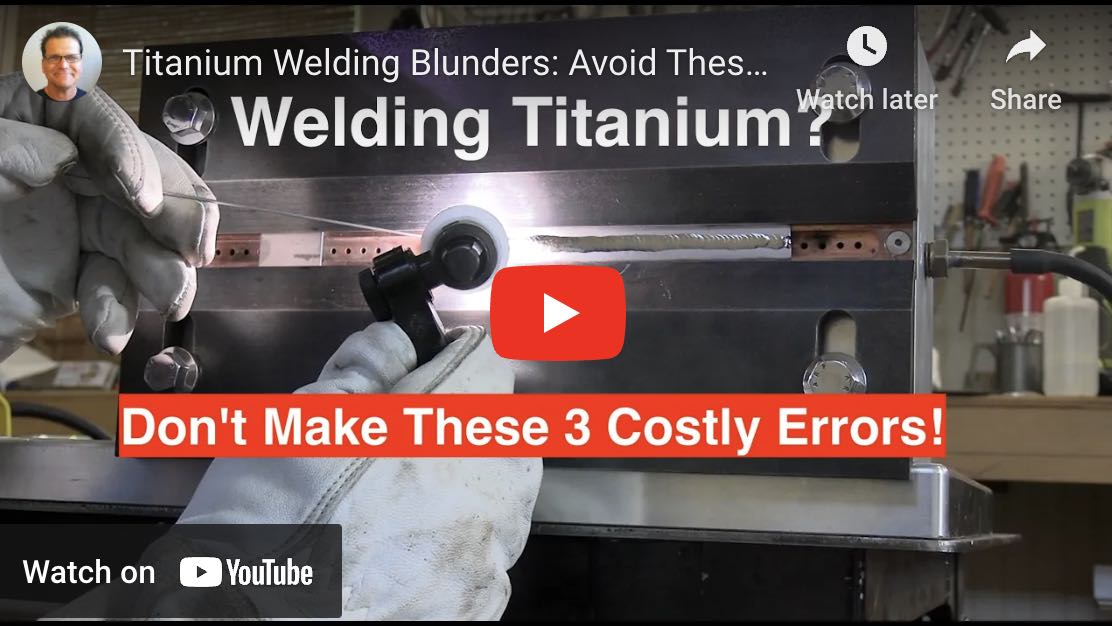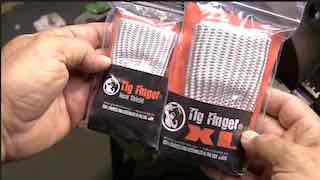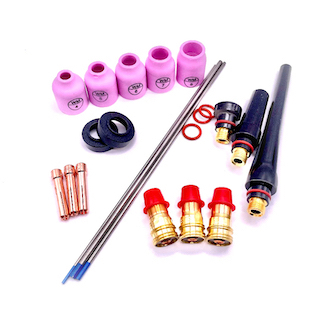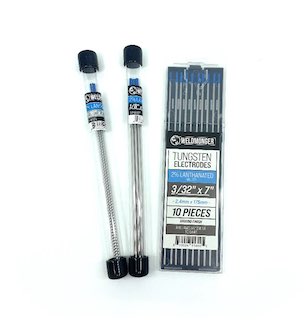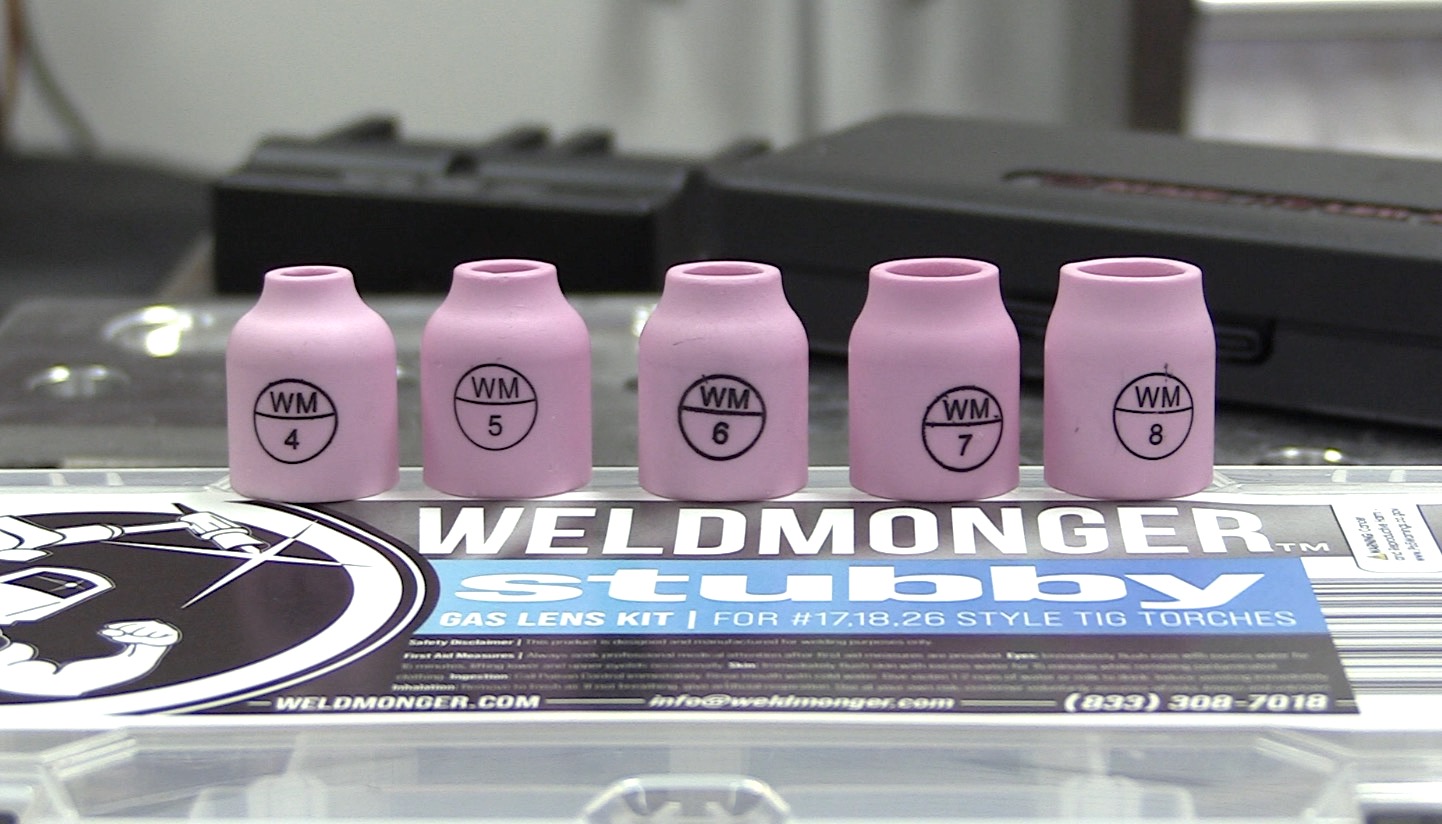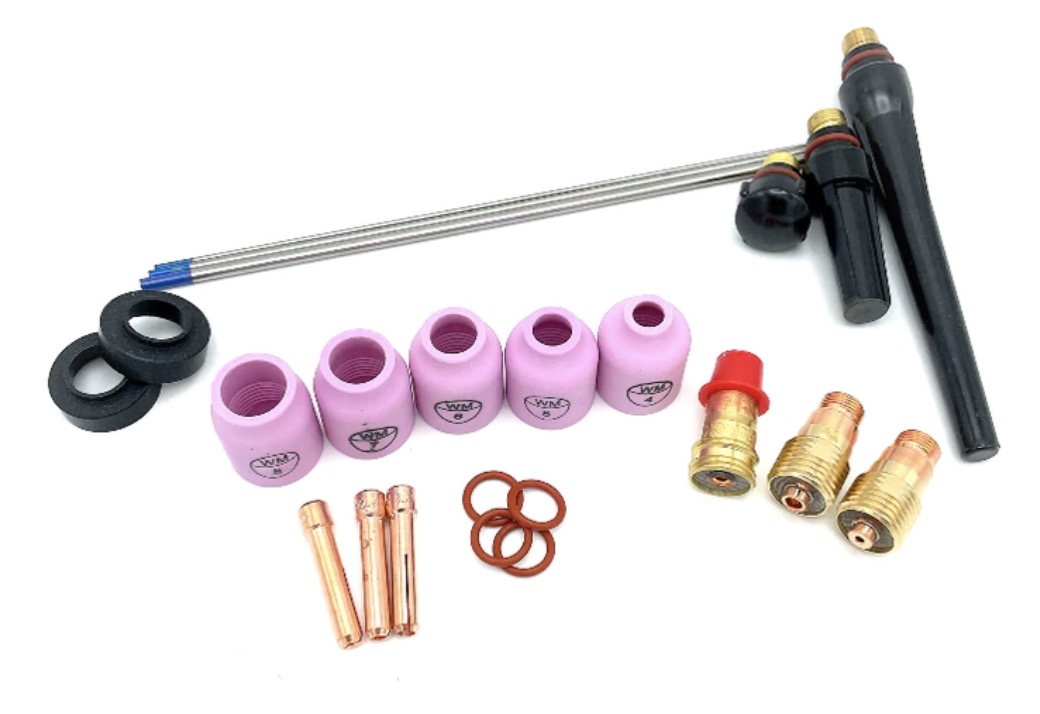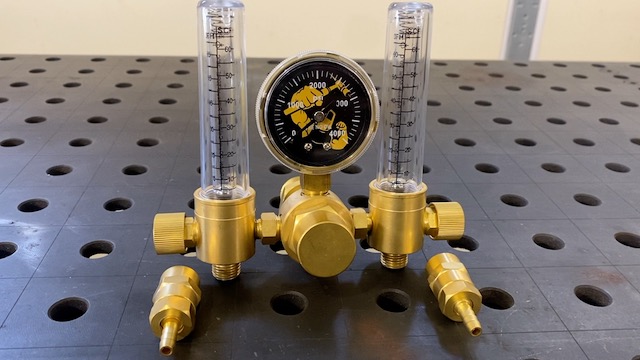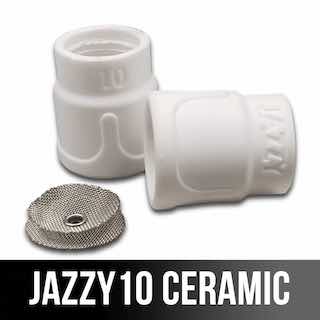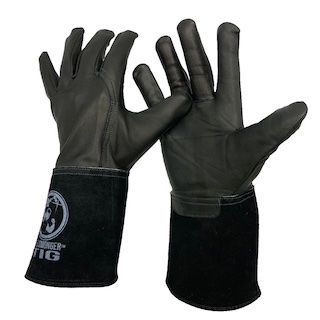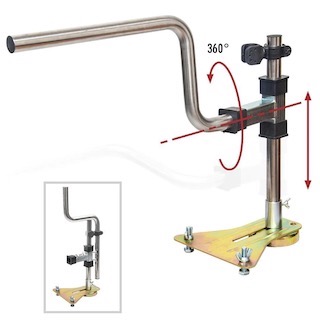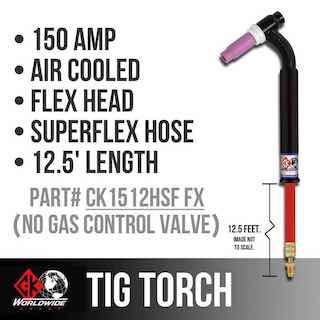What is Alpha Case?
- HOME
- Welding Titanium
- Alpha Case
What is Alpha Case?
Titanium, renowned for its exceptional strength, corrosion resistance, and lightweight properties, has become a popular material across a wide range of industries. One of the most common methods used to join titanium components is TIG welding.
However, when TIG welding titanium, an undesirable condition known as "alpha case" can happen.
Understanding Alpha Case: Alpha case refers to a brittle and oxygen-rich layer that forms on the surface of titanium when exposed to high temperatures during the welding process. This layer contains a higher concentration of oxygen than the base metal and compromises the mechanical properties of titanium. It is known to reduce ductility, toughness, and fatigue resistance, making it a significant concern in critical applications.
Adverse Effects of Alpha Case:
- Weakening Mechanical Properties: The presence of alpha case weakens the mechanical properties of titanium, such as tensile strength and fatigue resistance. This compromises the structural integrity of welded components, increasing the risk of premature failure.
- Reduced Corrosion Resistance: Titanium's remarkable corrosion resistance is one of its primary advantages. However, the alpha case layer is prone to corrosion and can act as a site for localized attack, undermining the material's resistance to various corrosive environments.
- Cracking and Fracture Susceptibility: Alpha case diminishes the ductility of titanium, making it more susceptible to cracking and fractures. This is particularly concerning in applications where components are subjected to stress or cyclic loading, as it increases the likelihood of catastrophic failure.
Methods to Avoid Alpha Case Formation:
- Proper Shielding Gas: Argon is the most common shielding gas used for tig welding titanium and it needs to be pure. Ultra high purity (UHP) argon is sometimes used to ensure purity for titanium. Argon shielding prevents oxygen from diffusing into the titanium, minimizing the formation of alpha case.
- Controlled Heat Input: Titanium's susceptibility to alpha case is directly related to the temperature and duration of exposure to high heat during welding. Employing heat control techniques like pulsing with the foot pedal and only traveling a short distance so that heated areas don't extend past the argon envelope can help in avoiding excessive heat input.
- Cleaning and Preparation: Thoroughly cleaning and preparing the titanium surfaces before welding is important. Any contaminants, such as grease, oil, or oxide layers, must be removed to ensure optimal weld quality and reduce the chances of alpha case formation.
- Back Purging: Back purging with argon gas on the backside of the weld joint to displace any residual oxygen or contaminants. Some procedures call for under 100ppm of oxygen for titanium purge. The same techniques used for purge welding stainless are not good enough for certain titanium procedures.
- Conclusion: When TIG welding titanium, the prevention of alpha case formation is of paramount importance. This oxygen-rich layer undermines the desirable properties of titanium, compromising the integrity and performance of welded components. By implementing appropriate welding techniques, such as utilizing high-purity shielding gas, controlling heat input, and thorough preparation, welders can effectively avoid alpha case, ensuring the longevity, strength, and corrosion resistance of titanium welds. Adhering to these best practices enables the utilization of titanium's full potential in critical applications across industries ranging from aerospace to medical devices and beyond.

